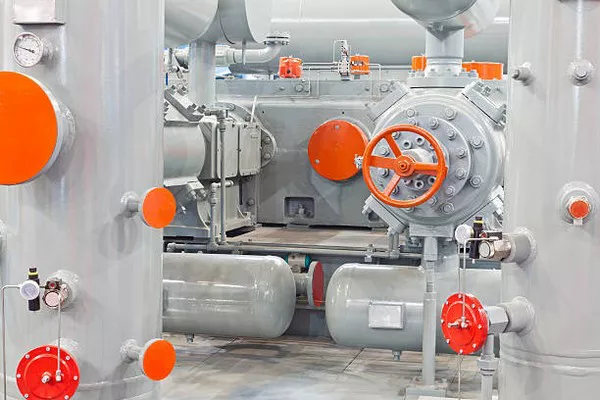BMW Group has revealed a substantial investment exceeding £600 million in its Mini factories located in Oxford and Swindon, underscoring its commitment to driving the transition towards electric vehicles. The move aims to establish the Oxford plant as a production hub for the next generation of electric Mini models and represents a significant step toward the exclusive manufacturing of electric cars.
The Oxford plant is gearing up to begin production of two new all-electric Mini models by 2026: the 3-door Mini Cooper and the compact crossover Mini Aceman. By 2030, the factory will exclusively manufacture electric vehicles. This investment brings BMW Group’s total expenditure on its Swindon, Hams Hall, and Oxford plants to over £3 billion since the turn of the century.
The UK Government has played a pivotal role in supporting this development, reinforcing its commitment to safeguarding jobs at the Oxford manufacturing plant and the Swindon body-pressing facility.
Chancellor Rishi Sunak lauded the investment, stating, “BMW Group’s investment is another shining example of how the UK is the best place to build cars of the future. By backing our car manufacturing industry, we are securing thousands of jobs and growing our economy right across the country.”
The Oxford plant, which celebrated its 110th anniversary this year, has been a key player in producing the current MINI Electric since 2019, fully integrating it into the production line alongside conventional (ICE) models.
Stefanie Wurst, Head of the Mini brand, emphasized the historical importance of Oxford as the heart of the Mini brand and expressed her delight in the continued production of new fully electric Mini models at the facility.
Currently, the Mini Plant Oxford manufactures a range of Mini models, including the Mini 3-door, Mini 5-door, Mini Clubman, and Mini Electric. From 2024, it will produce the next generation of Mini 3-door and 5-door models with combustion engines, alongside the new Mini Convertible. In 2026, the plant will commence production of the all-electric Mini Cooper 3-door and Mini Aceman, marking a significant shift towards electrification.
The factory is poised to reach a production capacity of approximately 200,000 cars annually in the medium term, with both ICE and battery electric vehicles initially sharing the production line. By 2030, the Oxford Plant will exclusively manufacture all-electric Mini models.
This investment includes plans to expand various production areas in Oxford, including an extension of the body shop and the creation of a new area for battery installation. Additional logistics facilities will also be developed at both the Oxford and Swindon sites.
Markus Grüneisl, CEO of Plants Oxford and Swindon, reaffirmed the commitment to sustainability within the BMW Group’s production network, highlighting initiatives such as a massive solar farm at the Oxford body shop. This solar farm, one of the largest in the UK, reduces the plant’s carbon footprint significantly.
The Mini Plant Oxford, a cornerstone of the community for 110 years, employs over 3,400 highly skilled individuals who together build up to 1,000 Minis daily. It is the third-largest vehicle producer in the UK and has produced over 13 million cars for 14 different brands throughout its history.
The Swindon plant, established in 1955, currently employs around 600 associates and plays a crucial role in manufacturing Mini components.

